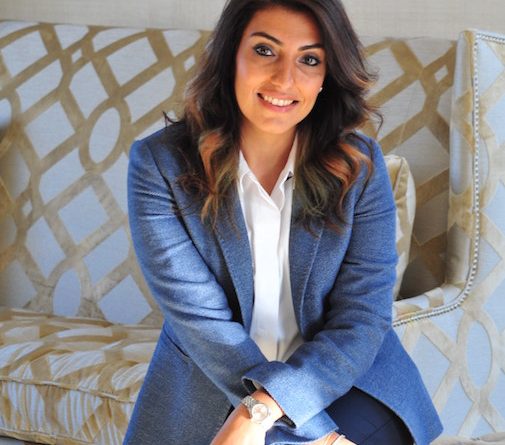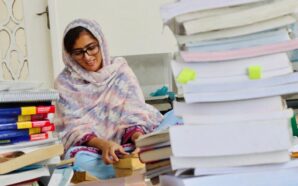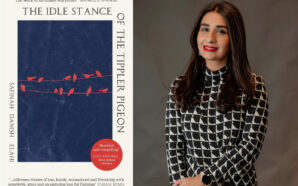- Tell us about Brndstr – when was it launched and what was the idea behind it?
Helen: Brndstr was born to help brands turn their existing social networks into brand ambassadors. Rather than a brand market themselves, by allowing their audience to do it for them in return for a reward, they are able to spread the message to a wider audience in an easier way.
- Comment on the Middle East’s social media landscape and, by extension, the UAE.
Simon: The Middle East and, in particular, the UAE has in the past been slow to adopt global trends. With such focus on a building smart cities and a digital way of life, Brndstr’s job is to help educate brands to get the most out of social networks.
Helen: Following on what Simon said, in general, the Middle East and the UAE in particular have been slower in holistically integrating social media into marketing strategies, more specifically when it comes to new tools available that would enhance brand engagement.
- How, in your opinion, can women in the Middle East leverage technology to further their economic roles?
 Helen: Traditionally, views have been that the technological industry is a man’s world, but more and more women are taking on leadership roles both in the MENA region and globally. There is value in the different perspectives and working styles that the industry can and does benefit from.
Helen: Traditionally, views have been that the technological industry is a man’s world, but more and more women are taking on leadership roles both in the MENA region and globally. There is value in the different perspectives and working styles that the industry can and does benefit from.
Simon: I believe women are well-positioned to help take technology to a new level. Women look at things differently than men, and are generally better at thinking logically and planning ahead. With social media being about having the right strategies and roadmaps in place to best execute a campaign, women’s role will continue to be valuable.
- Do you think being a woman makes it easy (or hard) as far as doing business is concerned, or do you think businesses and enterprises are gender neutral?
Helen: I have never felt that being a woman has been a hurdle (or advantage) throughout my career. I think that with the right level of professionalism and industry knowledge, it really doesn’t matter what your gender is. I believe that when people stop using gender as an excuse, only then can they realize their true potential.
- Do you think technology leads to empowerment? How?
Simon: I don’t believe it leads to empowerment. Technology gives people a voice to be able to express themselves – from this, many things can happen.
- How can STEM education or careers in the tech sector empower women in the Arab world?
Helen: I believe that continuing education, development and the learning process, no matter what the industry, is empowering. I don’t believe that it is sector-specific, but as the tech industry grows and becomes more fundamental in everyday life, there is going to be a natural inclination towards the sector.
Brndstr’s Vibrant Vibe
- What role can men play in women’s integration in the (skilled/tech based) workforce, and how effective would that be?
Simon: In order for men to help women become part of the tech world, in my opinion, they need to understand their strengths and integrate them into the business. In areas such as engineering and coding which, in the past, has been mainly dominated by men, learning sessions and helping women to understand will benefit everyone.
- How can entities such as Brndstr empower women?
Helen: We work into the business week opportunities and team-building events to help bring the team together as one, and learn from other members. As a service, Brndstr offers tools with no barriers to entry and helps brands educate their audience to do similar things.
- What has been your biggest achievement as far as the company is concerned?
Helen: Building a business, from the ground up, that now employs ten staff and services 30+ brands across five countries.













